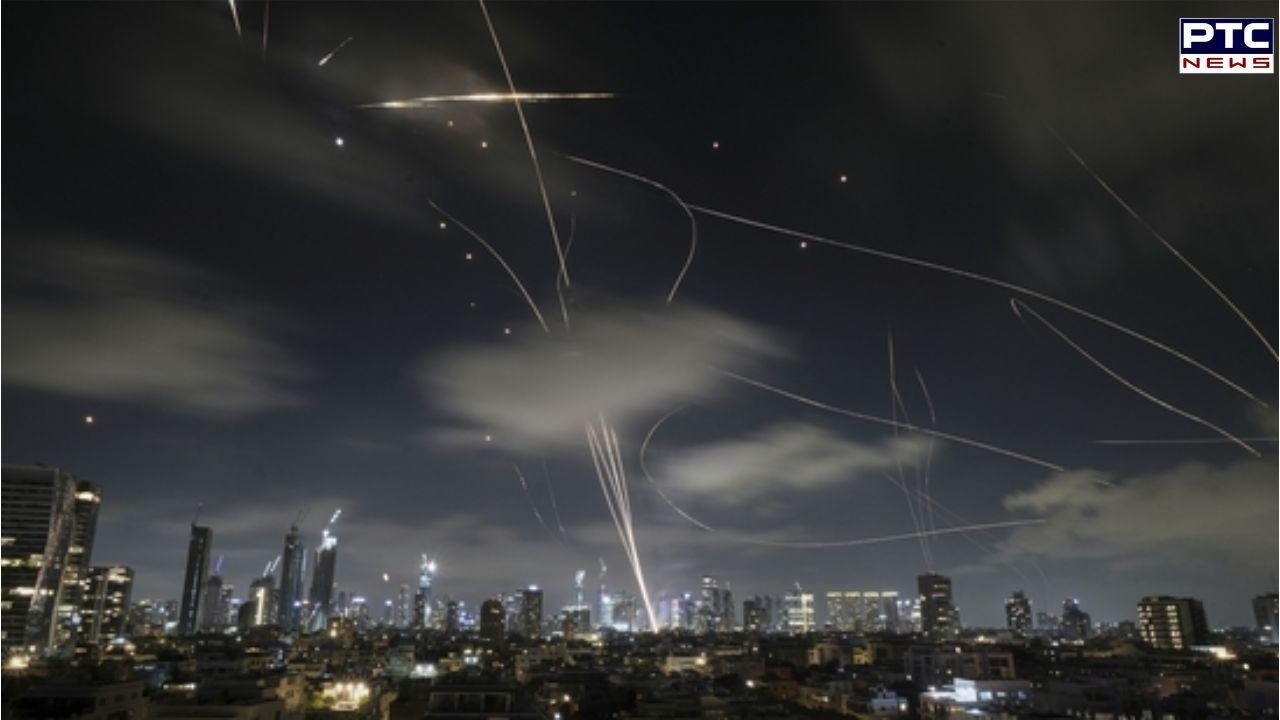

What is cluster bomb? Israel claims Iran used one to maximise civilian deaths; let's understand
PTC Web Desk: Israel on Thursday accused Iran of launching a missile equipped with a cluster bomb warhead, in what Israeli officials say is a deliberate attempt to maximise civilian deaths. This marks the first known use of cluster munitions in the current war, which has now entered its second week.
What are cluster bombs?
Cluster bombs are a form of explosive weapon that disperses multiple smaller submunitions over a wide area. These are typically delivered by rockets, missiles, or aircraft and can cover zones as large as several football fields. The outer casing opens mid-air, releasing dozens or even hundreds of bomblets designed to damage or destroy multiple targets simultaneously.
However, these weapons are highly controversial because many of the submunitions fail to detonate on impact, leaving behind unexploded ordnance that can endanger civilians long after hostilities end. These dormant bomblets often maim or kill people years after a conflict, and their cleanup requires significant time and resources.
History and global ban
According to the International Committee of the Red Cross, cluster munitions were first deployed during World War II and later mass-produced during the Cold War. Their primary function was to strike dispersed military assets, such as tanks and troop formations, across broad areas. Despite their effectiveness in combat, these weapons lack precision and are prone to drifting off target due to environmental conditions like wind or rain.
To address these humanitarian risks, the Convention on Cluster Munitions was adopted in 2008, banning the use, production, transfer, and storage of such weapons. The treaty came into force in 2010 and has been ratified by 123 nations. However, key military powers—including the United States, Russia, and Ukraine—have not joined the agreement.
Recent global use
Earlier in March, Russia reportedly used cluster munitions in an attack on Dobropillia, a town in Ukraine’s eastern region. That strike hit the town centre, killing 11 persons and injuring at least 40 others, drawing international condemnation.
The latest Israeli claim against Iran has reignited concerns about the indiscriminate nature of cluster bombs and their impact on civilian populations in densely populated regions.
- With inputs from agencies
